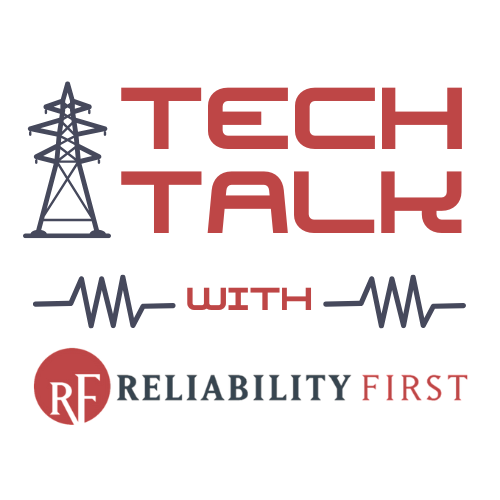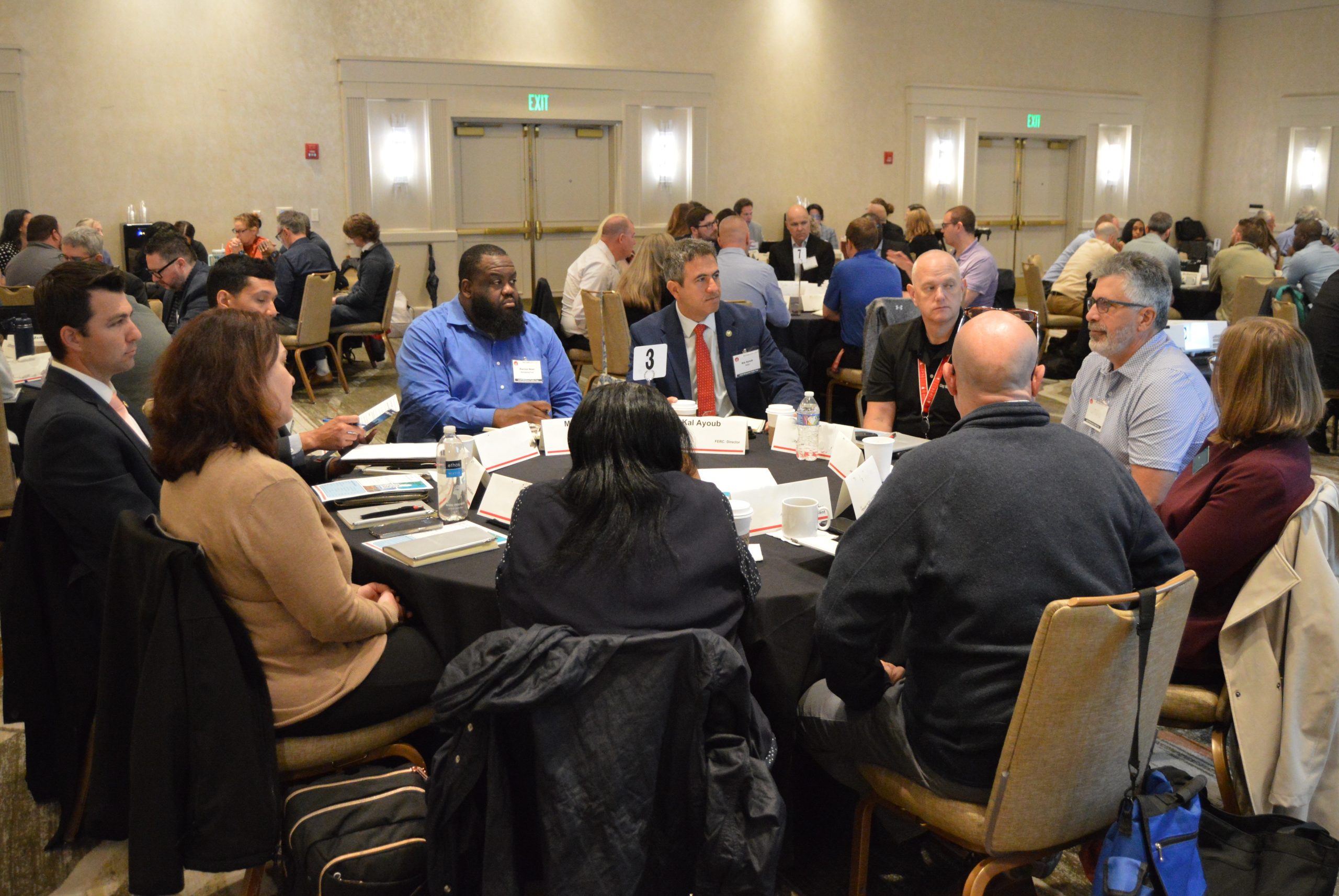
State Energy Insights: June 2025
Grid Reliability and Regulatory Updates from ReliabilityFirst
Upcoming Events

June 16, 2-3:30 p.m. ET | Tech Talk with RF
Coming up on the June edition of Tech Talk with RF, we’ll examine two recent international power grid disturbances and then take a deep dive into the growing impact of inverter-based resources (IBRs) on system performance and planning, focusing on both current and projected trends within the RF footprint.

June 26, 10-11 a.m. ET | FERC Open Meeting
The Federal Energy Regulatory Commission (FERC) will hold an open meeting on Thursday, June 26. There will be a webcast link available on the FERC website.
 Sept. 8-10, 2025 | RF Fall Reliability & Security Summit
Sept. 8-10, 2025 | RF Fall Reliability & Security Summit
Save the date for RF’s 2025 Fall Reliability & Security Summit! This year’s event is planned for Sept. 8-10 in the Washington, D.C., area. Stay tuned for more details.
 Nov. 18-19, 2025 | GridEx VIII
Nov. 18-19, 2025 | GridEx VIII
GridEx is the largest grid security exercise in North America, hosted every two years by the NERC Electricity Information Sharing and Analysis Center (E-ISAC). It offers E-ISAC member and partner organizations a forum in which to practice how they would respond to and recover from coordinated cyber and physical security threats and incidents.
The last event in 2023 saw more than 15,000 participants come together from approximately 250 North American organizations, including the electric industry, cross-sector partners from gas and telecommunications, and U.S. and Canadian government partners.
News & Updates
 RF issues Summer Reliability Assessment
RF issues Summer Reliability Assessment
ReliabilityFirst (RF) projects both the MISO and PJM areas to have adequate resources to serve normal electric demand in the upcoming summer season, including during expected periods in which certain generation resources become unavailable.
However, if resource outages and/or demand are experienced beyond the established projections, there is an increased likelihood that corrective actions (like Load Modifying Resources and Operating Reserves) would need to be utilized to serve forecasted load. This risk of resource unavailability requiring corrective actions to be taken is elevated in the MISO area and low in the PJM area.
Click here to read our full Summer Reliability Assessment.

RF hosts grid disturbance security tabletop in Maryland
ReliabilityFirst hosted its third statewide security tabletop exercise in Gaithersburg, Maryland, on May 28. This event brought together utility professionals, emergency management personnel, first responders, elected officials, business leaders, and other stakeholders.
This year’s event was focused around the Maryland, Delaware and Washington, D.C. areas, and the simulated exercise offered attendees the opportunity to improve their disaster and emergency response preparedness, identify potential vulnerabilities in their systems, make connections across various critical infrastructure sectors and strengthen their communication channels.
 NERC issues 2025 Summer Reliability Assessment
NERC issues 2025 Summer Reliability Assessment
NERC released its annual 2025 Summer Reliability Assessment on May 14.
The assessment predicts that all regions of the North American electric grid are expected to have sufficient resources under normal operating and weather conditions this summer, but that some regions (specifically MISO, SPP, ERCOT, and parts of New England) may face supply shortfall risks during periods of extreme heat.
NERC also published an infographic and a video highlighting some of the key findings in the assessment.
 FERC holds technical conference on resource adequacy
FERC holds technical conference on resource adequacy
FERC hosted a technical conference on resource adequacy on June 4-5, at the FERC headquarters in Washington, D.C.
Panel one included senior leadership from the RTO/ISOs and NERC and focused more generally on defining resource adequacy and identifying resource adequacy challenges that occurred across RTOs/ISOs.
Panels two, three, and four focused on resource adequacy in PJM, with panel three featuring a discussion between the FERC Commissioners and state representatives on the state of resource adequacy and the role of states in achieving resource adequacy in PJM.
Panels five and six focused on resource adequacy challenges specific to MISO, including a discussion with state representatives on resource adequacy.
The webcast recording for Day 1 of the conference is linked here and Day 2 of the conference is linked here.
 House subcommittee holds hearing on meeting growing energy demand
House subcommittee holds hearing on meeting growing energy demand
The House Committee on Energy and Commerce’s Energy Subcommittee held a hearing on “Assuring Abundant, Reliable American Energy to Power Innovation” on April 30.
The witnesses at the hearing included Mike Goff, acting undersecretary of energy at the Department of Energy; David Morenoff, acting general counsel at FERC; and Terry Turpin, director of the Office of Energy Projects at FERC. The witness testimonies are included at the hyperlinks added to each witness’s name above.
There was general consensus among the witnesses and House members that it is important to add significant amounts of new generation to the system to meet the growing demand created in part by artificial intelligence (AI) and data centers. There was also bipartisan agreement on the importance of being competitive with China in the “AI race.”
While many at the hearing agreed that generation of all types will be needed to meet demand, debate centered around the proper mix of and incentives for renewables vs. dispatchable generation, and the specifics of recent executive actions of the Trump administration related to energy policy. Morenoff noted that given the country’s recent rapid load growth, it is important to add new resources to the system as well as retain existing ones.
The recorded hearing is available to stream online here.

State Energy Insights from ReliabilityFirst: June 2025